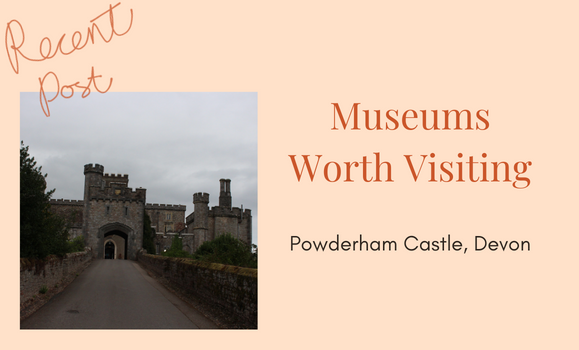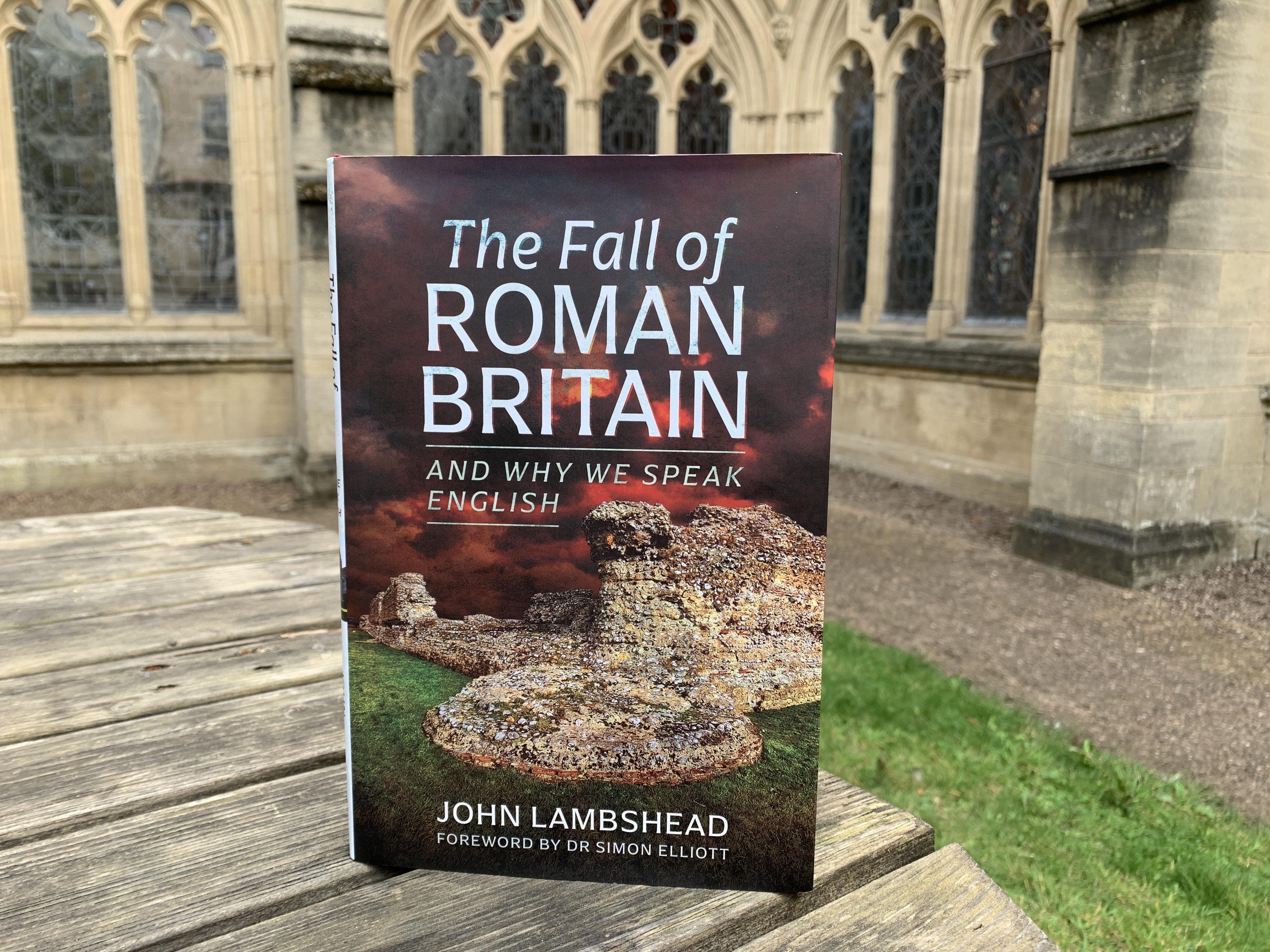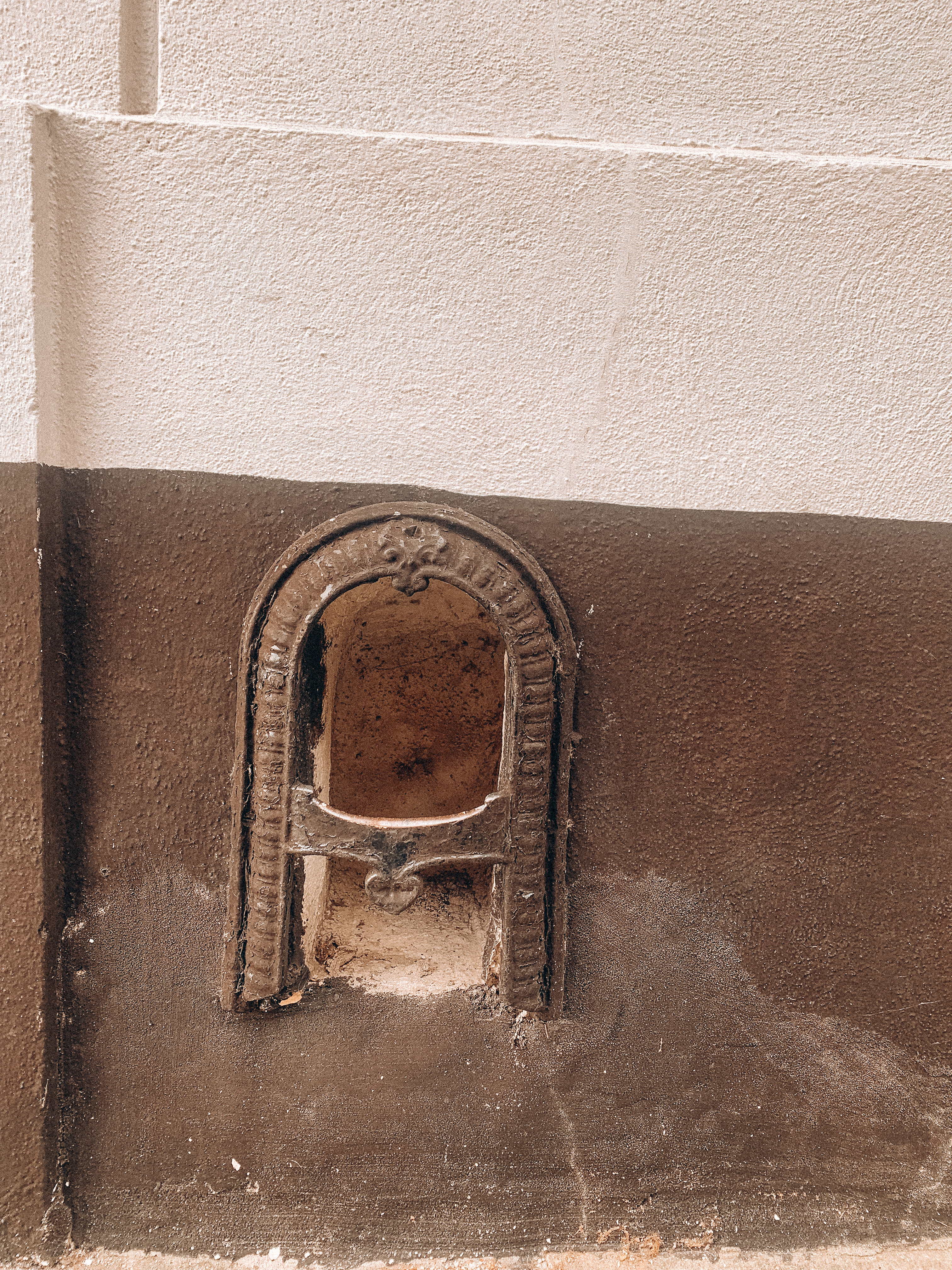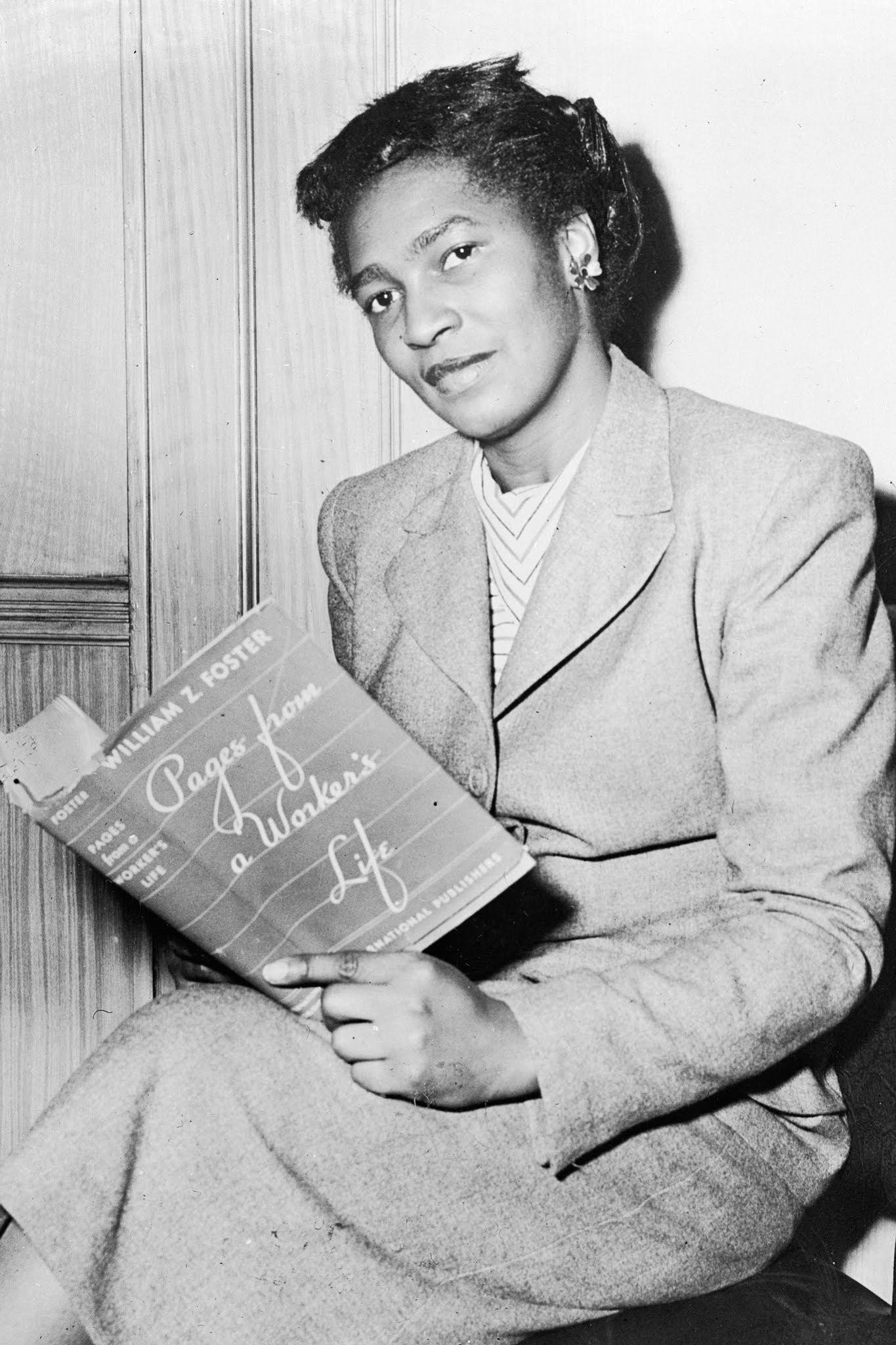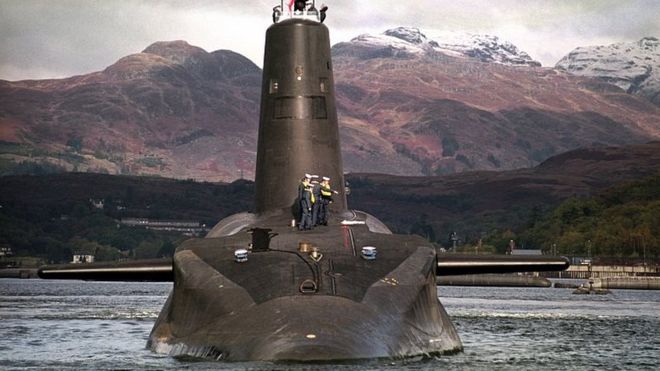Museums Worth Visiting: Powderham Castle, Devon
.png)
Welcome to the first installation of Museums Worth Visiting - a blog series where I share with you museums around the UK that I think are worth visiting. I recently took a trip to Powderham Castle located in the countryside near Exeter in Devon. The castle is unique in that it is not owned or looked after by your typical heritage organisations such as English Heritage or National Trust and instead is privately owned. Powderham Castle is owned by Courtenay family. The castle first came to be owned by the Courtenays when it came to them in the dowry of Maragaret du Bohun when she married Hugh de Courtenay, son of the first Courtenay Earl of Devon in 1325. The castle has a fascinating and well-documented history which you can learn all about during a guided tour of the castle. All tour guides and staff that we met on our visit were incredibly friendly and knowledgeable. I found it really great that staff included their pronouns on their name badges - not something I hav...
